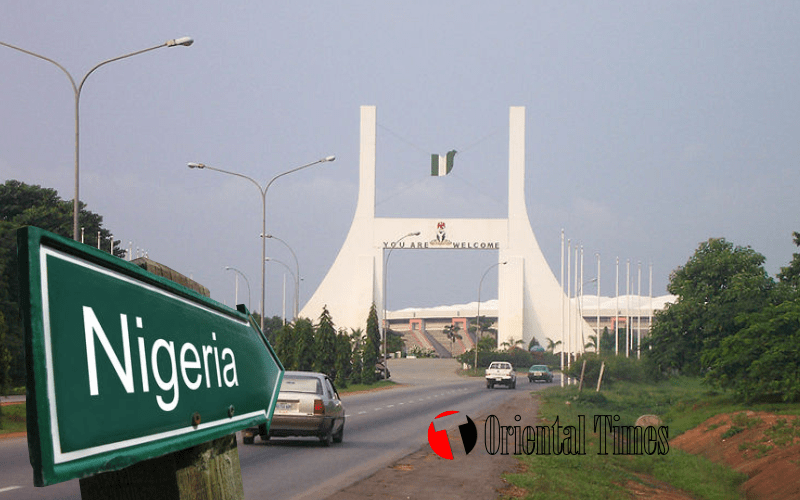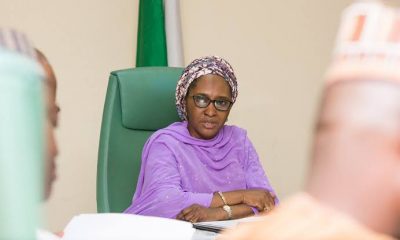Inside Nigeria
Nigeria May Soon Become Home To 25% Of All People In Extreme Poverty — World Bank

The World Bank in its 2019 Nigeria Economic Update Report said Nigeria is at risk of becoming home to 25% of the world’s destitute people unless the country finds a way to boost employment and recharge economic growth, Bloomberg reports.
The Bank is encouraging President Muhammadu Buhari to remove trade restrictions, stabilize economic policies and increase domestic revenue.
It’s also urging Buhari to remove fuel subsidies and to reduce specific central bank lending.
By the numbers, the country’s economy is set to expand 2.1% in 2020 and 2021 — below the nation’s 2.6% population growth rate.
Around half of Nigeria’s 200 million residents live in poverty, and the country has overtaken India in having the highest number of people in extreme poverty.
The nation, which is Africa’s top oil producer, is still on an economic comeback from a 2016 contraction that plummeted crude prices.
It warned that Nigeria could slide back into recession if crude prices fell by 25 percent to $50 a barrel.
The report read: “Economic and demographic projections highlight the urgent need for reform. With population growth (estimated at 2. 6 percent) outpacing economic growth in a context of weak job creation, per capita income is falling. Today, an estimated 100 million Nigerians live on less than $1. 90 per day.
“Close to 80 percent of poor households are in northern Nigeria, while employment creation and income gains have been concentrated on central and southern Nigeria.
“Nigeria’s economy is expected to grow by 2. 1 percent in 2020 and 2021, compared to an annual population growth rate of 2. 6 percent. Nigeria’s economy is recovering gradually from the 2016 recession, with growth projected to pick up from 1. 9 percent in 2018 to two percent in 2019
“But the projected growth outlook is vulnerable to external and domestic risks, including geopolitical and trade tensions that may affect inflows of private investment.
“Nigeria has the opportunity to advance reforms to mitigate these risks amid growing public demand for greater economic opportunities.
“President Muhammadu Buhari should increase domestic revenue, remove trade restrictions and improve the predictability of economic policy.
“Nigerian government should remove expensive fuel subsidies and reduce lending to targeted sectors that crowd out banks. Failure to take action would see more Nigerians falling into extreme poverty.
“The cost of inaction is significant. Under a business -as- usual scenario, where Nigeria maintains the current pace of growth and employment levels, by 2030, the number of Nigerians living in extreme poverty could increase by more than 30 million,” the Bank warned.




Kelvin Agbogidi
December 3, 2019 at 1:50 pm
25% may be an understatement…
Nickson Charles
December 3, 2019 at 1:01 pm
Am not surprised about that
When an illiterate president is superseding the economy